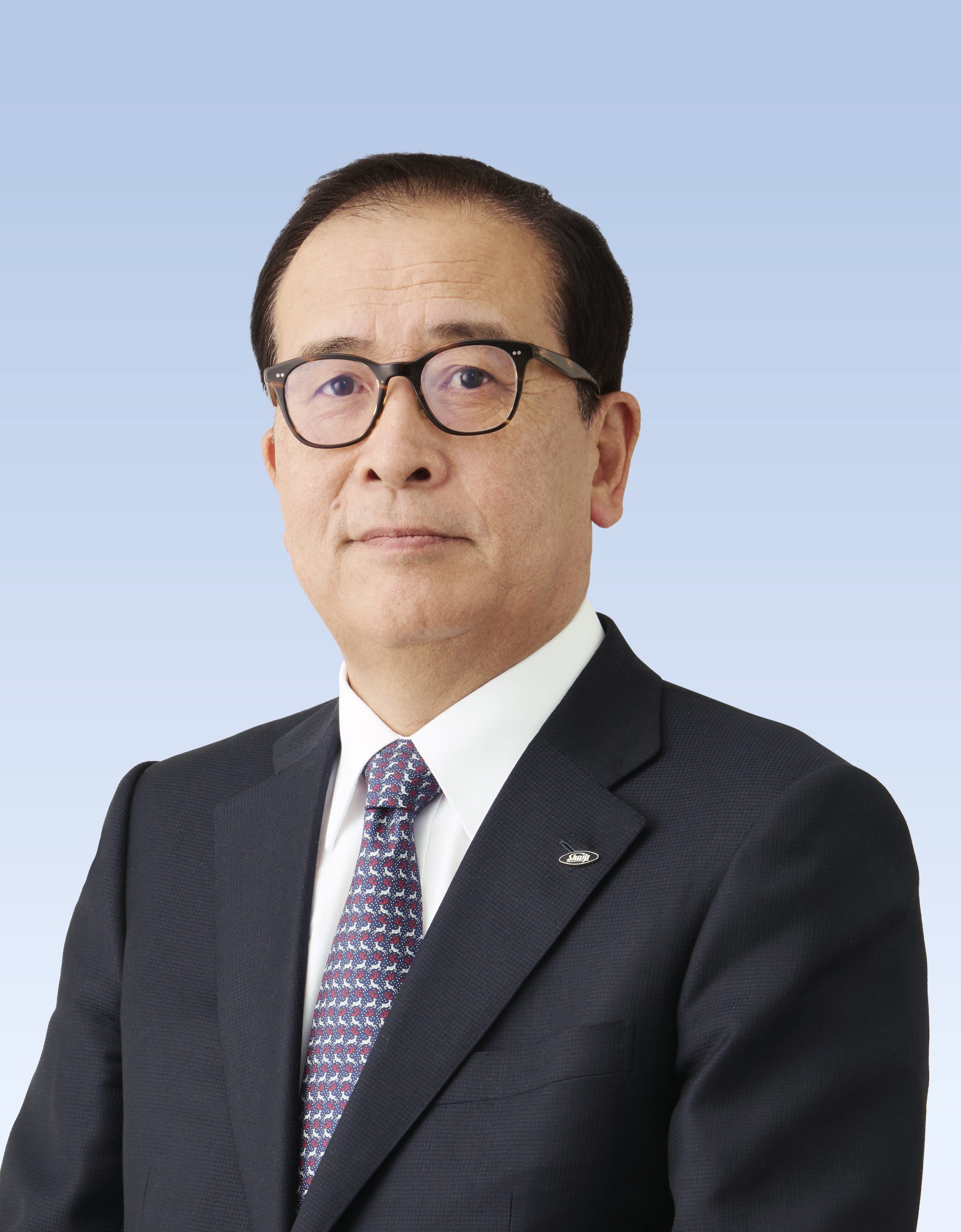Message from the Chairman

Masahiro Okitsu, Chairman
The World Meteorological Organization (WMO) of the United Nations announced that the global average temperature in 2024 was 1.55℃ higher than pre-industrial levels. This means that the temperature in 2024 was the hottest year on record and it is a first time to exceed temperature rise such as less than 1.5℃ as threshold in a single year mentioned in the long-term goals of the Paris Agreement, adopted at COP21 under the United Nations Framework Convention on Climate Change. Meanwhile, prolonged conflicts around the world and protectionist policies are casting a shadow over the global economy. From this kind of uncertainty in the external environment grows, the necessity for counter-measures to ensure economic security, such as restructuring supply chains, has become more urgently. The impacts of climate change remains as one of the most serious risks in such a global context, and we should continuously work for improvement to the global efforts to address climate change.
In February 2025, the Japanese government approved the ‘GX2040 Vision,’ the ‘Global Warming Countermeasures Plan,’ and the ‘7th Strategic Energy Plan’ as part of its efforts to achieve carbon neutrality by 2050. These plans show milestones toward 2050, including the goal of reducing greenhouse gas emissions by 73% compared to FY2013 levels by 2040 in order to achieve decarbonization along with a reliable energy supply and economic growth. To that end, they also set a target of increasing the share of solar power to 23–29% in the energy mix. Under these policies, solar power is expected to play an even greater role as a core renewable energy source and expansion of installation.
Our association was established in 1987 as the Photovoltaic Power Generation Forum and was reorganized in 2009 into the Japan Photovoltaic Energy Association (JPEA). For nearly 40 years, we have been working to advance the development and promotion of solar power generation technologies. While further expansion of solar power will be essential in the years ahead, there remain numerous challenges that must be addressed in order to achieve carbon neutrality, including:
• Increasing the financial burden to the citizens due to the FIT (Feed-in Tariff) surcharge
• Reducing cost of solar power generation further
• Promoting solar power responsibly and sustainably in harmony and collaboration with local communities
• Overcoming grid constraints and securing sufficient balancing capacity as a distributed energy resource
• Recycling solar panels and addressing other circular economy issues
Based on this kind of background, our association commits to proactively addressing the various issues facing solar power as an industry organization. Guided by the principles of Japan’s energy policy (S+3E), which aims to transition toward a renewable energy–based economy and society, it would be appreciated if our activity could contribute to local communities and economies, while maximizing our contribution to Japan’s GX (Green Transformation) strategy.
We sincerely appreciate your continued support and collaboration as we strive together toward a sustainable and decarbonized future.
Japan Photovoltaic Energy Association
Masahiro Okitsu, Chairman









